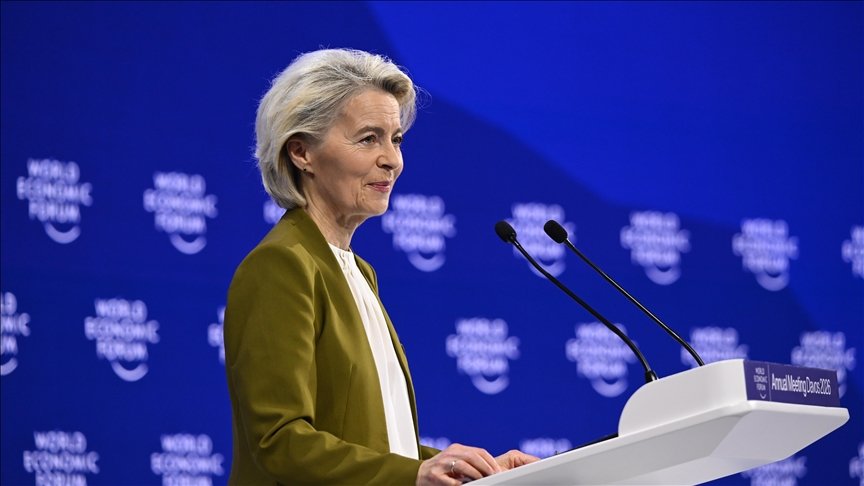Brussels, August 16, 2024, The Europe Today: The European Union’s health agency has called on member states to prepare for a potential increase in mpox cases, following the first reported case outside of Africa in Sweden. The European Centre for Disease Prevention and Control (ECDC) issued the warning on Friday, emphasizing the need for vigilance and preparedness across the bloc.
While the ECDC assessed the current risk as “low,” it urged public health authorities within the EU and European Economic Area (EEA) to maintain high levels of preparedness and conduct awareness-raising activities to ensure rapid detection and response to potential outbreaks.
More Cases Expected in Europe
The ECDC has raised its risk assessment for the mpox clade I strain to moderate, citing the likelihood of additional cases emerging in Europe. The agency’s director, Pamela Rendi-Wagner, highlighted the strong links between Europe and Africa as a contributing factor, noting that more imported cases are “highly likely.”
“Due to the close links between Europe and Africa, we must be prepared for more imported clade I cases,” Rendi-Wagner stated.
The new offshoot of the clade I strain has caused concern after appearing outside its endemic region in the Democratic Republic of Congo (DRC). The World Health Organization (WHO) has declared the spread of this strain a public health emergency of international concern, marking it as the highest level of alert.
Understanding Mpox
Mpox is a viral infection that presents with flu-like symptoms and can cause boil-like lesions on the skin. In some instances, the virus can be fatal, with the DRC reporting at least 548 deaths from the virus this year. Mpox is zoonotic, meaning it can be transmitted from animals to humans, as well as between humans through close physical contact.
The ECDC has stated that the “overall risk for the EU/EEA general population is currently assessed as low, based on a very low likelihood and a low impact,” but warned that individuals traveling to affected areas are at an increased risk.
In light of the potential threat, the ECDC has recommended that authorities focus on quickly detecting cases that may be imported to Europe. “Test, test, test, in order to find the suspect cases in Europe as soon as possible and avoid further spreading,” Rendi-Wagner advised the EU’s national health agencies.













